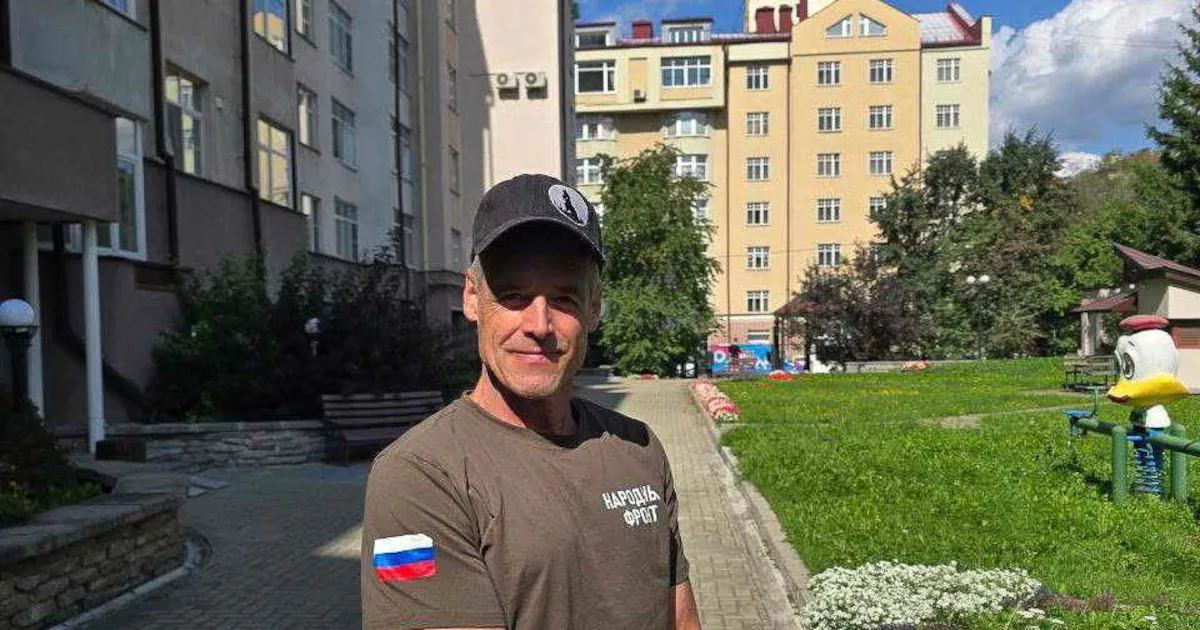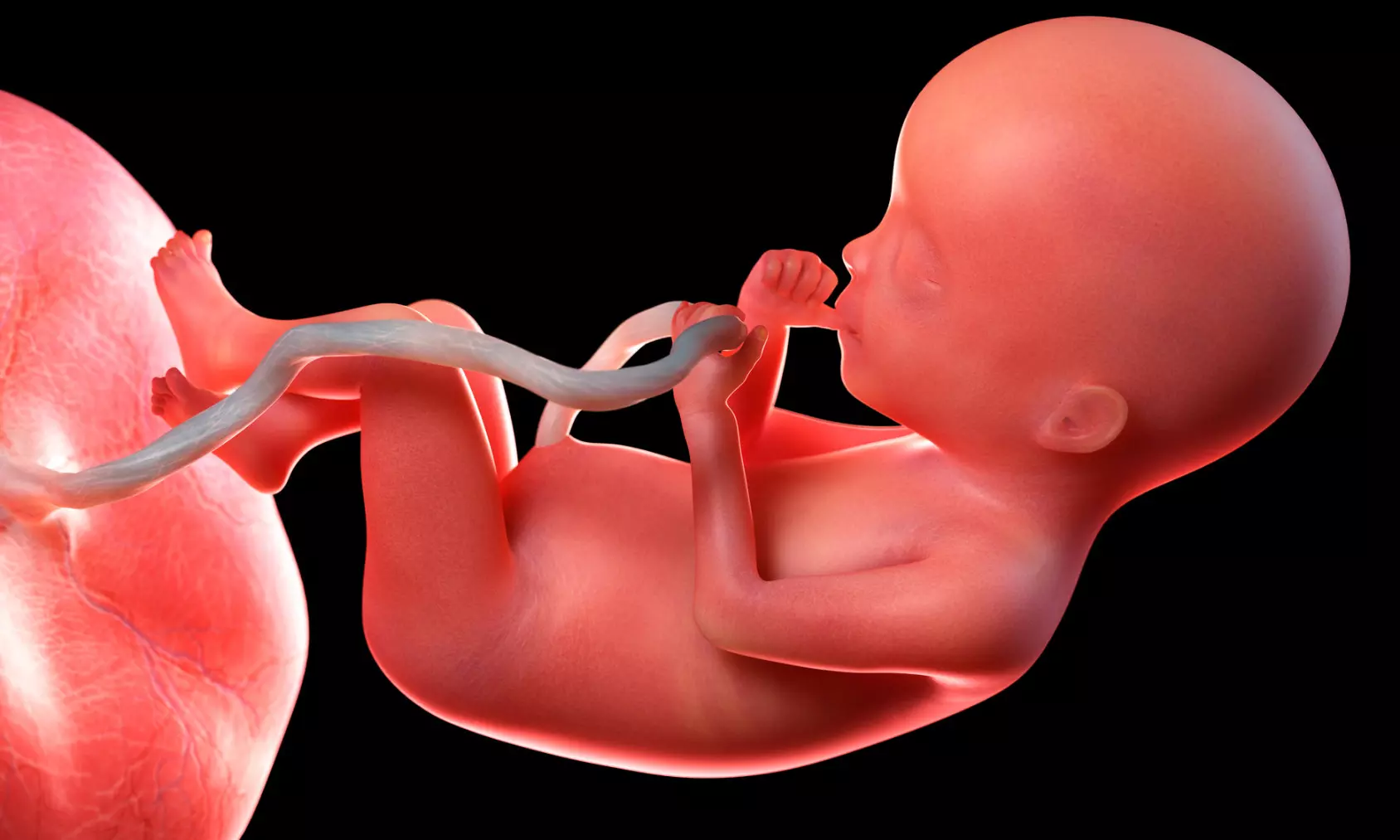
The owner of a Southeast Alaska wildlife facility that draws thousands of visitors a year is facing animal cruelty charges following years of concern by authorities over alleged neglect and poor conditions for animals kept at the attraction.
Prosecutors accuse Stephen Kroschel of causing the deaths of at least seven animals — a moose, porcupine, three wolves and two lynx — for reasons that included starvation and untreated disease.
Kroschel operates the 60-acre Kroschel Films Wildlife Center, a popular tourist attraction roughly 3 miles from Haines. He said more than 60 animals lived at the facility before wildlife officials seized and removed roughly three dozen over the summer. It’s unclear how many, if any, animals remain at the facility.
The state Office of Special Prosecutions last week filed three felony and two misdemeanor animal cruelty charges against Kroschel. The charges are associated with accusations of “severe or prolonged physical pain or suffering” inflicted on a moose and porcupine that starved to death in 2023 and 2024, as well as harm to a brown bear, according to a charging document filed Sept. 18.
A veterinarian found that starvation killed the moose that died at the center, according to a summary of reports filed with the charging document. An Alaska Department of Fish and Game biologist said “any reasonable person with experience raising moose would have noticed a decline in this animal and sought veterinary care and that this moose must have suffered before it died,” according to the report summary.
Similarly, a porcupine at the facility had “starved due to a lack of food or improper diet” and “must have suffered,” according to the summary, which cited the opinions of the Fish and Game biologist and veterinarians.
Prosecutors say Kroschel was also charged for harming a brown bear that was given improper food such as marionberry pies and that suffered from untreated wounds caused by dangerous conditions, like barbed wire along flooring, in its enclosure.
The charging document describes more than 15 years of concerns ranging from starving animals to untreated wounds and diseases that led to death, a lack of food, improper feeding practices and dirty or dangerous enclosures.
It also describes prolonged efforts from state and federal wildlife agencies to get Kroschel to address problems that culminated in the Department of Fish and Game and Alaska State Troopers raiding the facility and seizing dozens of animals in June amid the animal cruelty investigation.
Kroschel in an interview Monday said the charges were “all lies.” He said he loves animals and has successfully raised and showcased them since he was a child being raised on a farm in Minnesota.
“How could I be like that my whole life and all of a sudden turn into some guy who was negligent with animals?” Kroschel said.
Kroschel was not arrested and instead was issued a summons for his first court appearance on Oct. 8.
Kroschel, who said he has been in Russia since July helping a counterpart set up a similar wildlife facility, said he was unsure whether he would return to Alaska for that court date because he couldn’t afford it, though he wanted to so he could contest the charges.
A state Department of Law spokesperson didn’t immediately respond to a request for comment Tuesday.
Welfare concerns
Kroschel said he moved to Alaska in 2001 to establish the wildlife park that became a popular stop for 8,000 to 10,000 cruise ship passengers a year.
He said his work with wildlife has also been featured in movies, documentaries and other media projects.
Efforts to address animal welfare concerns at the center have played out publicly, with Kroschel often recording encounters with wildlife regulators on his property or talking about his dispute on social media or in YouTube videos.
The charging document filed last week offers a detailed picture of what authorities say were poor conditions and neglect at the facility that Fish and Game officials documented as early as 2010 after a fox died from an untreated injury and tainted food led to the deaths of two wolves the year before.
The charging document doesn’t say why officials waited more than 15 years to seize Kroschel’s animals and file criminal charges despite documenting a pattern of substandard care and conditions.
Instead, Fish and Game gave Kroschel numerous opportunities to correct problems found during inspections or after he reported a death at the facility, the document indicates.
A Fish and Game spokesperson had not responded to questions about Kroschel’s case by Tuesday afternoon.
Financial issues
The wildlife center operation generated $450,000 a year in revenue, with between $60,000 and $96,000 being spent on food for the animals, according to the charging document.
But Kroschel also told authorities he faced money problems starting as early as 2019, the document said.
Kroschel told Fish and Game staff he lost hundreds of thousands of dollars while closed due to the COVID-19 pandemic, was unable to obtain credit and couldn’t afford to feed his animals, the charging document said. Additionally, he told authorities, having to fix deficiencies and meet the care standards regulators required would force him to close, the document said.
Kroschel also often asked to borrow food from another local wildlife-oriented nonprofit, the American Bald Eagle Foundation, according to the report summary. That prompted the nonprofit’s raptor program manager, Sidney Campbell, to report concerns about the welfare of the animals at Kroschel’s park to Fish and Game and the U.S. Department of Agriculture.
Campbell said at one point in 2019 that Kroschel “resorted to trapping squirrels to feed his animals because they were so low on food,” the document said.
Fish and Game inspectors at times noted rotting food supplies, an insufficient supply of feed or that some animals were being were fed inappropriate food, according to the summary. Inspections over the years also identified animals that appeared unhealthy or malnourished.
Officials also documented concerns with enclosures that contained unsafe drinking water, unacceptable feces accumulation, or dangers, like exposed nails and barbed wire flooring.
A lack of record-keeping detailing veterinary care, treatment history and feeding logs also concerned regulators over the years, according to the charging document.
During a May 21 interview, Kroschel told wildlife troopers that he would provide them with care records, the document said.
But troopers say they have been unable to locate those records and have struggled to contact four of the five veterinarians Kroschel said he used to treat his animals in the previous five years.
The lone veterinarian troopers located, Dr. Michelle Oakley, told authorities that Kroschel had “refused to follow her recommendations” to meet basic zoo care standards, like providing vaccines, basic preventive care and deworming, so she refused to be his attending veterinarian, according to the charging document.
Support in Alaska and beyond
Kroschel has defenders who say the authorities have mischaracterized their findings. They say Kroschel has responded to all concerns and requests from wildlife officials, among others.
In a March court affidavit and May letter, Kathleen Doty, an Eagle River veterinarian with more than 30 years of experience, said she had consulted with Kroschel and treated his animals since 2019.
Kroschel wasn’t neglectful and worked to improve the way he managed the facility to make sure the animals were healthy and safe, she said in her statements.
Often, Kroschel took in animals that had previously experienced trauma, which makes them more susceptible to disease or sudden death, she said in her affidavit. Additionally, Doty said the necropsy of the porcupine connected to the abuse charge incorrectly found that it died of starvation instead of old age.
“I truly feel the animals at Kroschel Wildlife Center are in good condition and appear to be in good health, both physically and mentally,” Doty wrote of an examination of animals she conducted on the property weeks before writing the May letter. “These animals have abundant enrichment opportunities and live in a more natural environment that fits their innate wildness.”
Charlotte Olerud, who founded the American Bald Eagle Foundation in Haines with her husband, Dave, in 1984, said she visited Kroschel’s property many times over the years and never saw animals that appeared to be suffering or in poor living conditions like those described by prosecutors.
“He had such love for the animals,” she said of Kroschel.
Olerud said they have retired and are no longer involved with operating the foundation, which operates a natural history museum and raptor center.
Kroschel, Olerud said, excelled at providing a personal experience with wildlife that people might not otherwise experience. For tourists, the experience was often the “highlight of their trip,” she said.
Many community members, including herself, are upset with how the situation unfolded, Olerud said, adding that she believes the state could have used other strategies to address their concerns by providing more resources or offering to work more closely with Kroschel.
If Kroschel remains in Russia, which he said is an option, he also appears to have some support there.
In a video he shared with the Daily News, Kroschel opened up what he said was a September issue of a Russian-language magazine to reveal an article that included pictures of him posing with a fox, and others of Kroschel and wildlife at his Alaska property, that he said detailed his dispute with state and federal wildlife officials.
Other videos he shared showed him posing with people who Kroschel said were magazine staff members at a party, at a packed arena before a professional hockey game and in the Russian countryside.
He also said he had been contacted by filmmakers who want to produce a documentary about his experience.
Running out of time
Fish and Game brought its concerns about Kroschel and the welfare of the animals on his property to wildlife troopers in December 2024, according to the charging document. Earlier this year, the department decided against issuing a permit that would allow the facility to operate normally for the upcoming tourist season.
In a May letter to Kroschel explaining the decision, Commissioner Doug Vincent-Lang said department inspectors had found 15 deficiencies.
Those problems included insufficient recordkeeping, potentially toxic water sanitization practices and concerns that public viewing areas at some omnivore and carnivore enclosures posed dangers to visitors.
“Time is a concern for the department, and I imagine for you,” Vincent-Lang said in the letter, provided to the Daily News by a Fish and Game spokesperson. “I encourage you to realistically assess if you can meet the requirements listed below, and if not, please advise us of that.”
Kroschel had previously lost his USDA license to open to the public in 2024 but regained it in March after months of appeals.
Kroschel does not appear to have corrected the issues identified by Vincent-Lang by a June 15 deadline given in his letter.
Troopers and Fish and Game staff, accompanied by Ryan Scott, the state’s director of wildlife conservation, raided his compound about a week and a half later.
The current location and conditions of wildlife seized from Kroschel’s facility in June is unclear. Fish and Game said in mid-July that 36 animals from Kroschel’s property had been sent to the Alaska Wildlife Conservation Center, the Alaska Zoo or the Bird Treatment and Learning Center.



